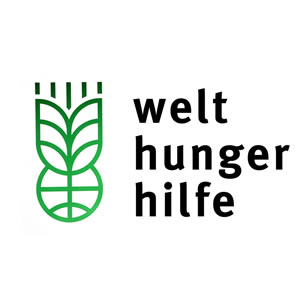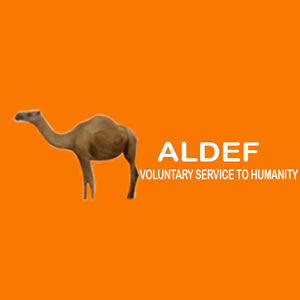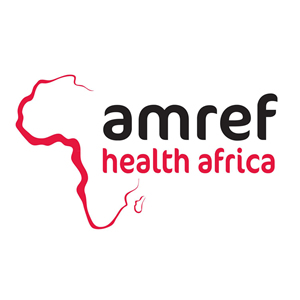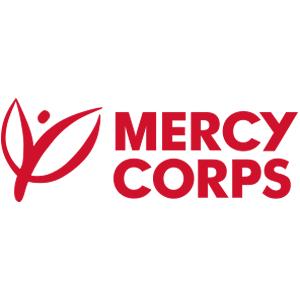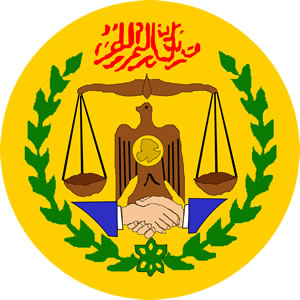About us
Background and context
WASDA was established as a non-governmental organisation
under the Kenyan Law in 1995. The organisation strives to complement the efforts of governments and other actors in addressing developmental challenges in the Horn of Africa.
WASDA is currently implementing development initiatives in North-Eastern Kenya and parts of southern Somalia. The organisation has been working with pastoralist communities in North-Eastern Kenya and southern Somalia for 25 years. As a result, it has gained and built a wealth of experience and knowledge that informs its programming. The NGO utilises limited resources to transform the lives of millions of people in its geographical areas of operation. In the last 25 years,
WASDA has reached over 1.8 million people with livelihood, food security; water; sanitation and hygiene (WASH); health
and nutrition; education and emergency humanitarian support.


WASDA is adept at designing, implementing, monitoring and evaluating emergency and development programmes in its key thematic areas and has an internal mechanism that guides the efficiency and effectiveness of service provision throughout the project cycle. Currently, WASDA is the lead
WASH partner in Wajir County and is the secretariat of the Water and Environmental Sanitation Coordination mechanism (WESCOORD). The organisation is a member of USAID Kenya’s Partnership for Resilience and Economic Growth (PREG). PREG brings together humanitarian and development partners to
build resilience among vulnerable pastoralist communities in northern Kenya.
WASDA has undertaken advocacy to raise the profile of sanitation with the objective of inducing government and other stakeholders to prioritise sanitation and hygiene in Wajir County.
Strategic priorities
WASDA’s current strategic plan (2016–2020) sets out to address four goals that will guide the organisation for five years. The organisation’s approach has shifted to a more enabling and facilitating role, supporting innovation and providing technical support. This is aimed at providing the acute needs of disaster-affected populations, and strengthening the capacities of WASDA’s constituents to use existing resources to find solutions to their challenges and improve their lives.
GOAL 1
Access to clean water and sanitation are essential
for improved nutrition and health, while education
enhances peoples’ ability to adapt their behaviour
and better their lives, and to demand appropriate
services. Education is an investment for the future,
vital for economic growth, and a priority for
communities in WASDA’s programme areas
GOAL 2
Access to clean water and sanitation are essential for improved nutrition and health, while education enhances peoples’ ability to adapt their behaviour and better their lives, and to demand appropriate services. Education is an investment for the future, vital for economic growth, and a priority for communities in WASDA’s programme areas.
GOAL 3
With the new constitution and devolved governance structure in Kenya, the citizenry is getting more involved in development initiatives. WASDA engages its constituencies to harness their strengths and capacities in addressing their prioritised development needs. This entails linking
the NGO’s target populations to devolved systems and working with local groups in demanding change from their government and local actors.

